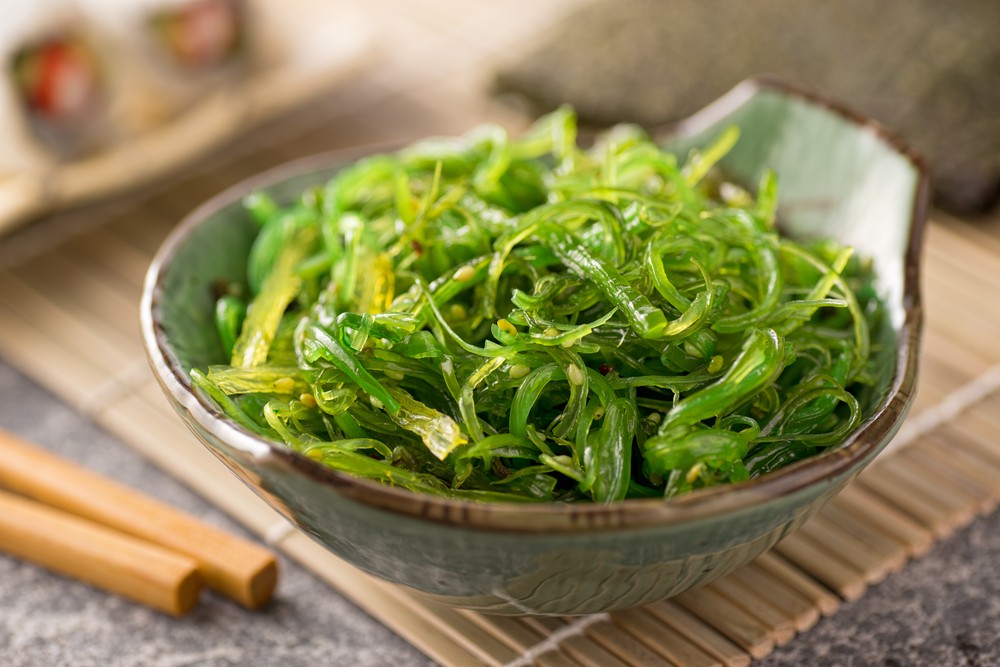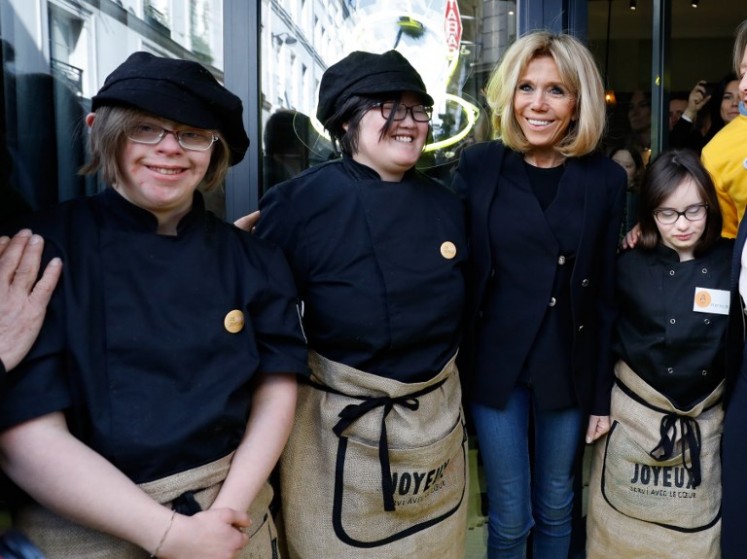Scientists discover seaweed that tastes like bacon
Change Size
 A delicious fresh seaweed salad. (Shutterstock/File)
A delicious fresh seaweed salad. (Shutterstock/File)
T
here is no such thing as the perfect food, but a group of scientists from Oregon State University (OSU) is trying to come up with one.
Researchers from the Hatfield Marine Science Center claim they’ve come up with the next superfood—a new type of seaweed that tastes exactly like bacon and could rival kale in terms of health benefits.
According to a TIME report, the tasty creation of red marine algae called “dulse” appears much like the typical red lettuce, but is actually packed full of minerals and protein.
The patented underwater herb usually grows in the wild along the Pacific and Atlantic coastlines and is harvested, dried and normally sold as a cooking ingredient or nutritional supplement.
“Dulse is a superfood, with twice the nutritional value of kale,” said Chuck Toombs, an OSU faculty and member of the team working to develop the product into a foodstuff. “And OSU had developed this variety that can be farmed, with the potential for a new industry for Oregon.”
The team intended to focus its research on farming the new strain of dulse to feed abalone, but quickly shifted direction after realizing its potential to do well in the human-food market.
(Read also: Veggie power: 4 great vegetables to add to your diet)
“There hasn’t been a lot of interest in using it in a fresh form. But this stuff is pretty amazing,” said chief researcher Chris Langdon.
“When you fry it, which I have done, it tastes like bacon, not seaweed. And it’s a pretty strong bacon flavor,” he added.
The Oregon Department of Agriculture is backing the idea of exploring dulse as a “special crop” and has already provided Langdon’s group with a sizable grant. The team is currently working with the Food Innovation Center in Portland, as well as several chefs, to find out ways to incorporate dulse in everyday cooking.
The US currently has no commercial operation that sanctions dulse for human consumption, but the team is optimistic that their product would be sold commercially in food markets in the near future.









